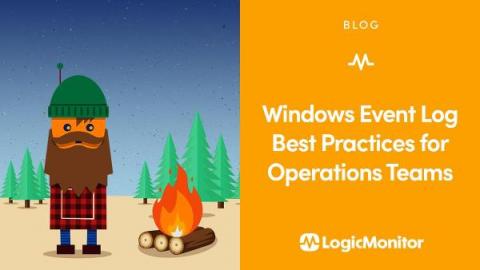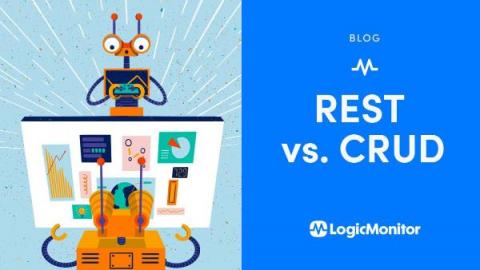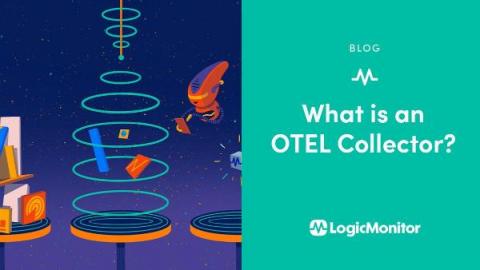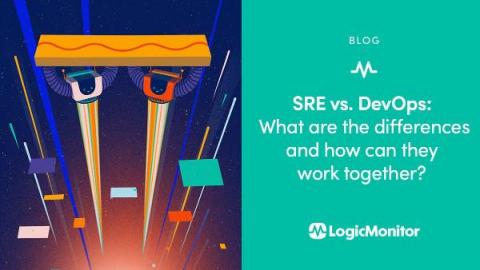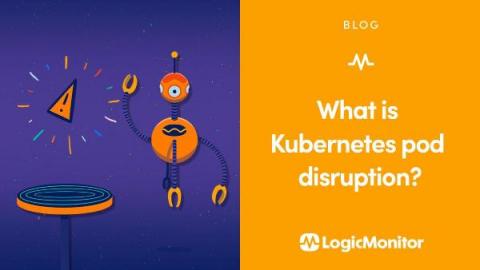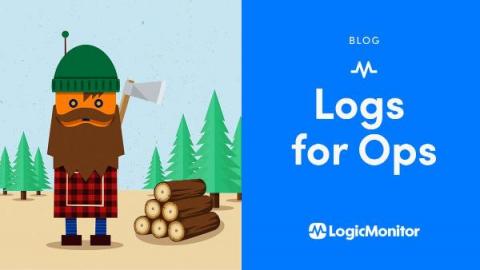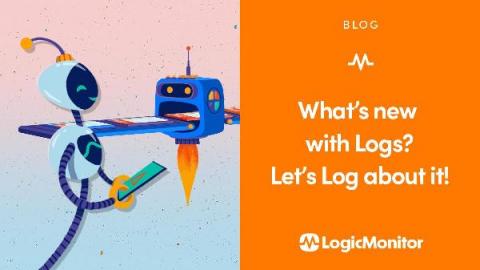Windows Event Log Best Practices for Operations Teams
The Windows Event log is an essential tool for administrators to investigate and diagnose potential system issues, but it can also be a daunting task to gain real value and separate useful log entries from noisy non-essential activity. Depending on the level of logging that can be useful, Windows events can span system issues, application-specific issues, and also dive into security type issues around unauthorized access, login failures, and unusual behavior.


